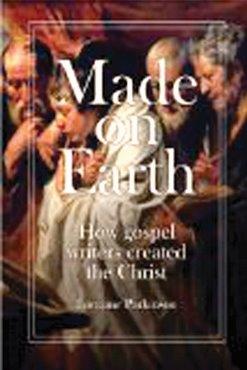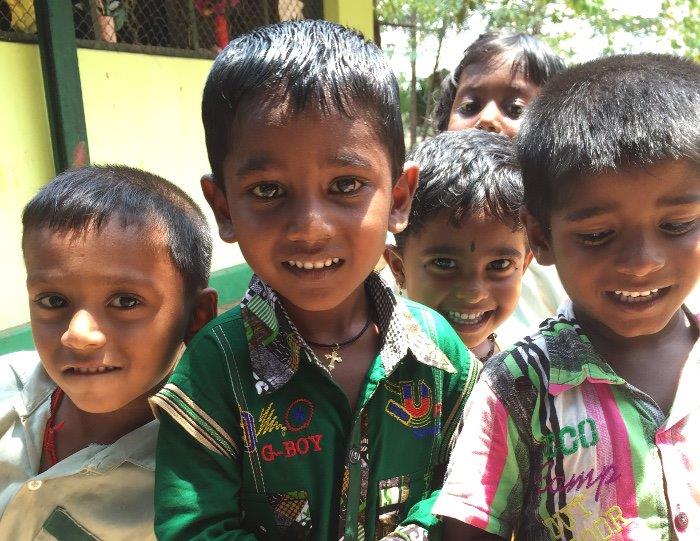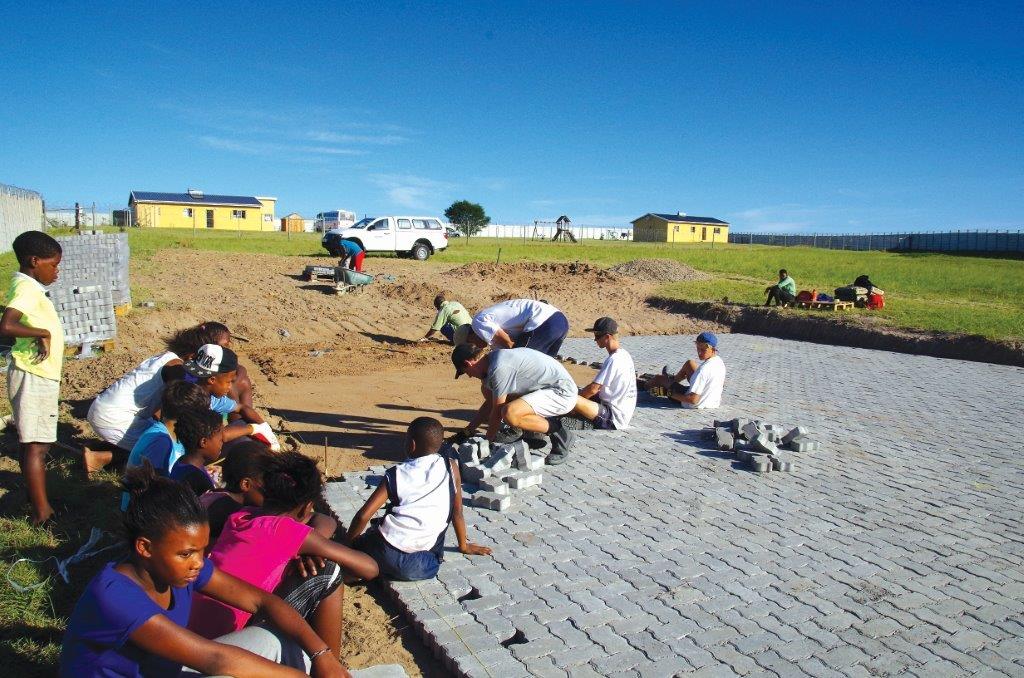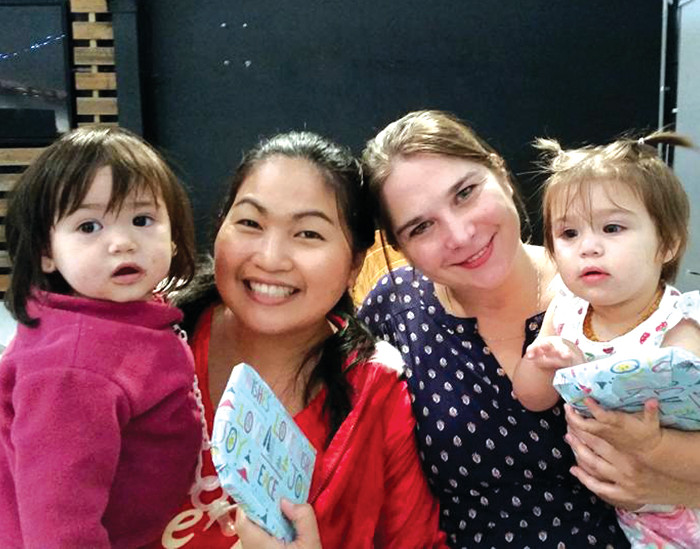A friend of mine spent a few years away from church. She was burnt out. Eventually she decided it was time to return to a worshipping congregation, but wondered which one. She decided to go visiting congregations on a Sunday morning in the hope she might be welcomed beyond a handshake at the door and a copy of the news-sheet.
She worked out a ‘cup of tea’ test. The plan was to hold her cup of tea after the service, very slowly sip it, and smile at everyone who walked past, hoping that someone might be interested enough to pause and talk with her.
Sadly, several churches failed the cup of tea test. Thankfully, at least one church passed the test when someone noticed her, engaged her in conversation and seemed genuinely interested in her wellbeing.
Too easily we conclude we are a friendly congregation, when it may be the case that we do not notice or go out of our way to look after the newcomer or the stranger. We may have created a place of welcome for the regulars, but not so much for the hesitant visitor.
In congregational ministry I regularly encouraged our leaders to follow the ‘two-minute’ rule. I would suggest that straight after the benediction every leader resist the temptation to gravitate towards their friends. Rather, in those two minutes they should cast a careful eye around the congregation for the visitor or stranger and go straight to them with welcoming words and see where it might lead.






